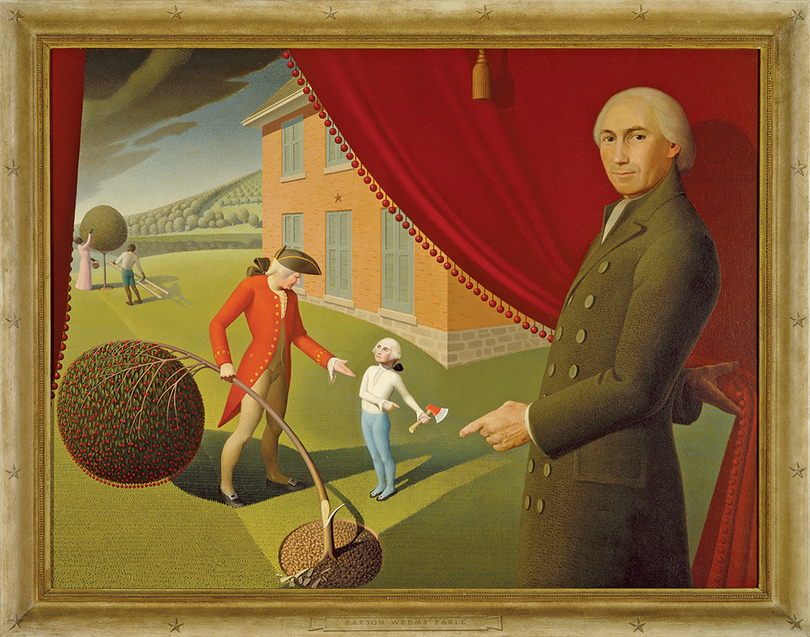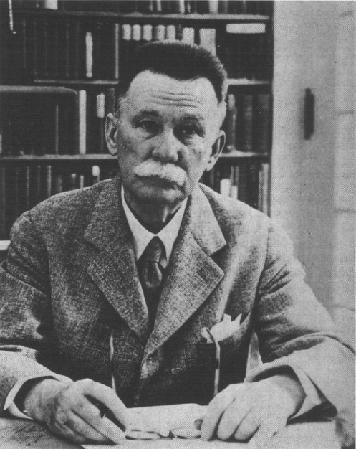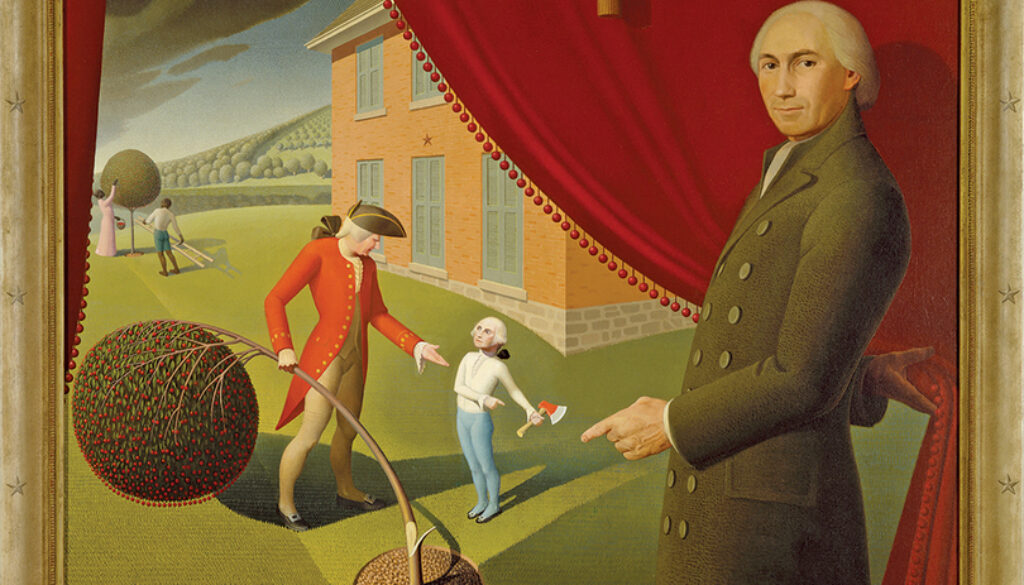Farmers Who Read Homer
“It was a New Jersey farmer, as Thomas Jefferson pointed out, who invented the modern wagon wheel, of which he had found an exact description in Homer. [Not Homer Simpson. The blind Greek guy.] This was the wheel with a circumference made from a single piece of wood.

“American farmers, Jefferson added, when the invention was claimed for an Englishman, were the only farmers who could read Homer.”
This is one of the fascinating nuggets of information that I have gleaned from a most engaging book called ‘The World of Washington Irving’ by Van Wyck Brooks. The title is deceptive because while Brooks writes a lot about Washington Irving, he also writes a lot about James Fenimore Cooper and Edgar Allen Poe and John James Audubon, and many, many American authors who were well-known in the early 1800s, but who are nearly unknown today, like Charles Brockton Brown, considered a genius by Keats, Shelley, Cooper, Poe, and Sir Walter Scott.
It was a visit to Sir Walter’s home, by the way, that suggested to Washington Irving that he write about the legends of Dutch New York like Rip Van Winkle and the headless horseman.
Brooks backs up Jefferson’s claim about the literate farmers of America by writing about the Reverend Parson Locke Weems, an itinerant parson, fiddler, and bookseller of the early 1800s who found a ready market for books in English, Latin, Greek, and even Chaldean, all along the Eastern seaboard.
Weems wrote biographies of Washington, William Penn, and Francis Marion (the ‘Swamp Fox’ who bedeviled Cornwallis) and who first wrote about Washington and the cherry tree. Many have suggested that Weems made up the story, but we know he visited Washington at Mt. Vernon and that he talked with Washington’s neighbors.

One of the interesting facts that I learned from this book is that American authors like Washington Irving and James Fenimore Cooper were as popular in Europe as authors like Dickens were in America. While American readers were waiting on the docks of New York to find out what happened to Dickens’ Little Nell, Danish readers were waiting on the docks for the latest Fenimore Cooper novel to find out what happened to Natty Bumpo.
And Brooks doesn’t just write about literature; he writes about society as reflected in literature. Writing about another of Brooks’ books, Edmund Wilson called it, “one of the three or four prime light-diffusing works on American society.”

November 14, 2022 @ 11:38 am
Natty Bumpo all right.